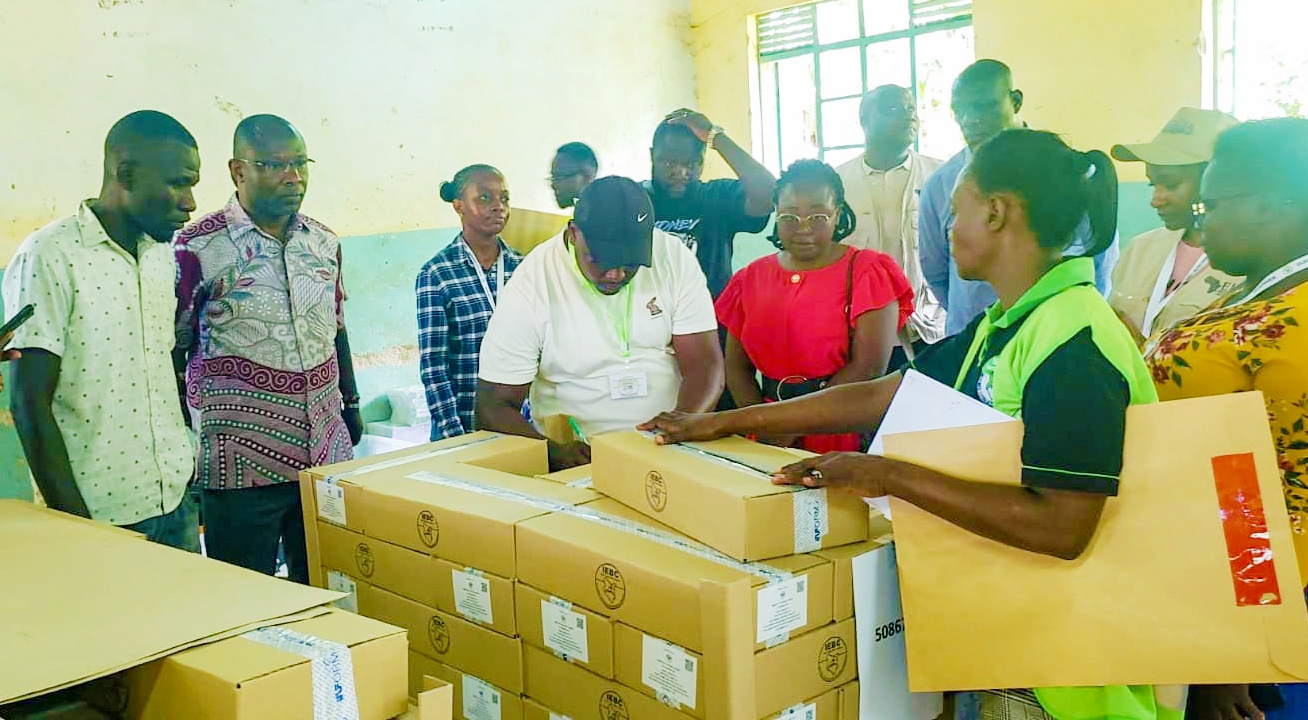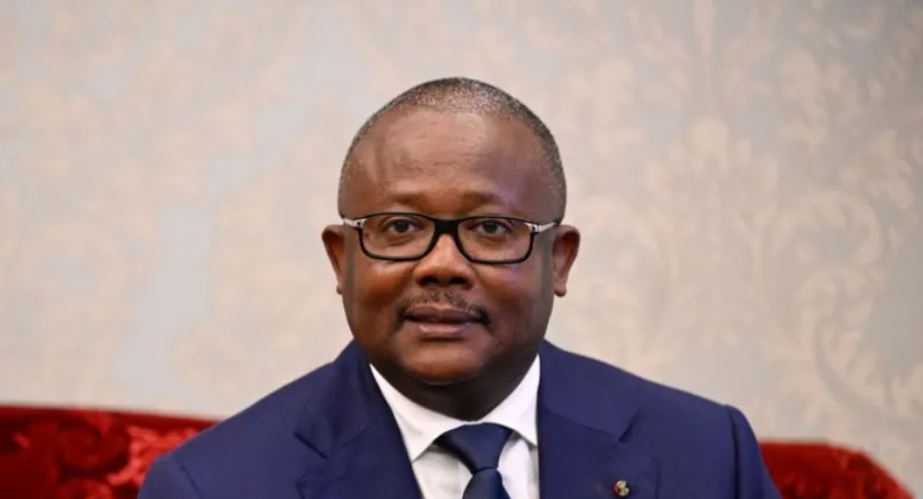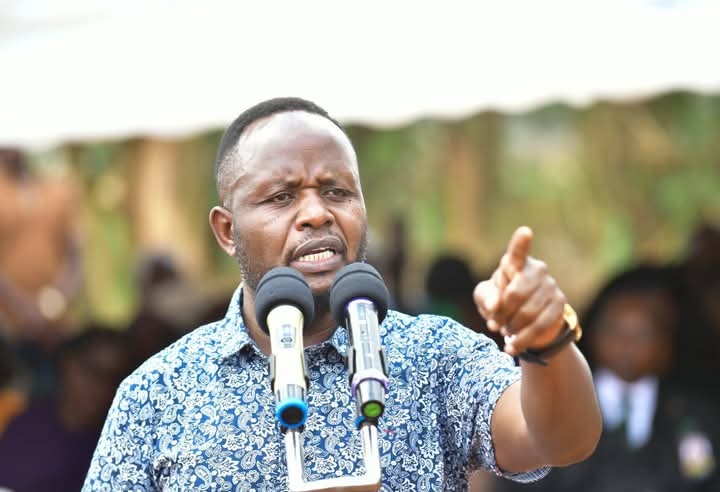Kenyatta University Teaching Research and Referral Hospital has successfully performed a rare operation that repairs the main artery without open surgery.
The procedure known as Thoracic Endovascular Aortic Repair (TEVAR), is the first non-invasive operation in a public hospital in Kenya and treats the condition in the shortest time compared to traditional heart surgery.
Briefing journalists after the inaugural operation of the female patient, KUTRRH Board chairperson Prof Olive Mugenda said the treatment is safer and cheaper than open heart processes, where the patient spends more time in the intensive care unit and also in the wards.
“We’ve started the year by supporting a very complex procedure of the heart, of course not through the open-heart surgery, but through a minimally invasive procedure. It’s the first time we are doing it and we are proud that we are able to do that. We want Kenyans to know that they can get this service at our facility. We have a very able team of doctors and specialists,” Mugenda said.
She said the patient who was operated on was discharged after three days, noting that through the procedure, the recovery rate is quick.
“This is the importance of the non-invasive procedure because the patients is able to recover fast and chances of losing the patient are minimal. This is the way the world is going and I’m happy to note that as a hospital, we are already there,” she said.
In comparison, she said the patient spent only two days unlike it is the case in conventional treatment at a cost of Sh500,000, which is covered by the NHIF.
“The government also helped a lot because the Stent that was fixed in the patient costs about Sh1 million and had to be imported. However, we urge Kenyans to be insured by NHIF which comes in handy during such times,” she said.
The hospital Chief Executive Ahmed Dagane said the facility is positioning itself to offer specialised treatment that is not available in the East African region.
Dagane and Prof Mugenda emphasised the importance of Kenyans enrolling with NIHF to ease the burden of treatment of chronic ailments for families.
“When patients undergo open-heart surgery, they spend many days in the ICU and this also has cost implications. This new procedure is highly effective in comparison with the open-heart surgery,” Dagane said.
He noted that KU hospital has the requisite infrastructure, equipment and specialists to offer specialised healthcare to Kenyans and across the region.
“As a hospital we are positioning ourselves as a highly specialised facility, not just in the country but across the region. As we try to operationalise many services, we are looking at services that are not available in the country and in the region. We have hired specialists from abroad and within the country,” Dagane said.
Dr Enock Makori, in charge of the hospital's cardiovascular and thoracic unit, said in normal open-heart surgery, a patient can take between two weeks and a month, but the TEVAR procedure takes a maximum of three days.
“With this procedure, the patients only stays at the HDU unit for just one day so that medics can examine and observe them. It’s a highly effective procedure,” Makori said.
The hospital recently unveiled the ultra cyberknife technology that is aimed to enhance tumour treatment and boost the fight against cancer in the country.
Prof Mugenda revealed that 35 patients are being treated using the technology at the hospital every week.

















